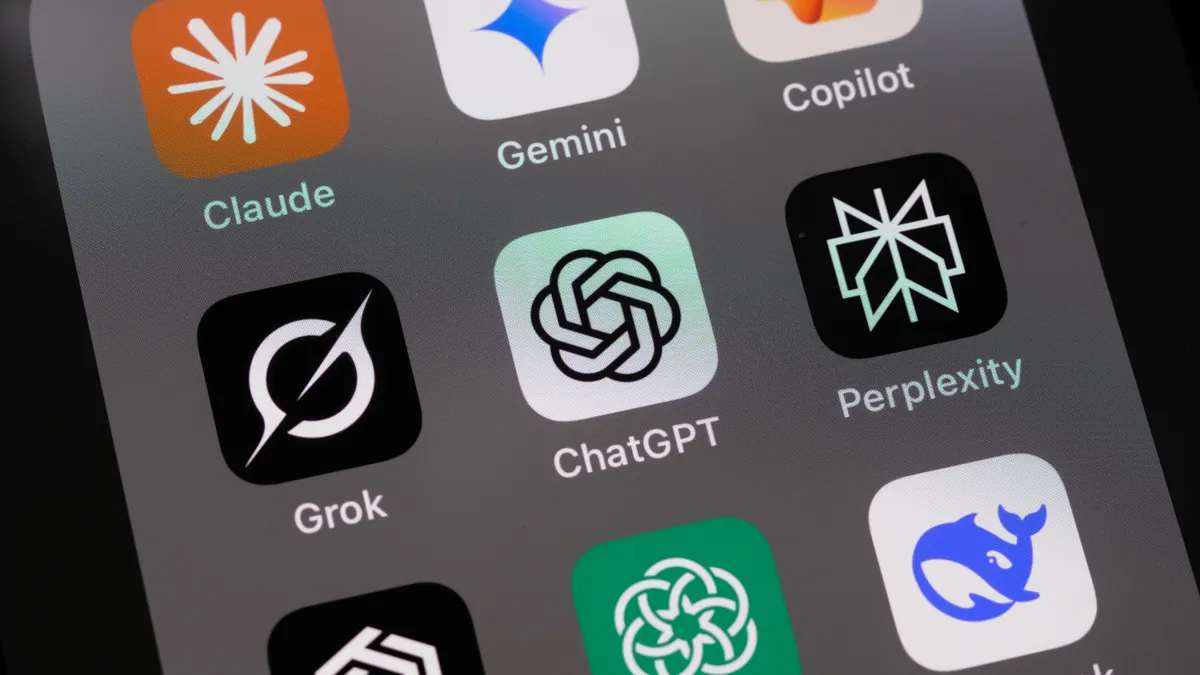Dive Brief:
- Nearly one-third of consumers who have dabbled with AI have replaced at least one app with an AI assistant, such as OpenAI’s ChatGPT, according to a TELUS Digital survey released last month.
- The top reasons consumers switched to an AI assistant were for greater convenience, faster results and a better user experience.
- More than one-third of surveyed consumers said they would rely more on AI assistants than on apps for the majority of everyday tasks one year from now.
Dive Insight:
AI assistants are becoming more popular as they allow individuals to use natural language for voice commands, function as useful shopping assistants and automate boring tasks.
"This study shows the beginning of a marked change in consumer behavior, as users are increasingly turning to AI assistants for tasks that were once considered app territory,” Tobias Dengel, president at TELUS Digital Solutions, said in a news release. “This trend creates a critical opportunity for brands to differentiate themselves.”
The findings are based on a Pollfish survey of 1,000 U.S. adults who use AI assistants, such as ChatGPT, Google Gemini, Amazon’s Alexa and Apple’s Siri, on at least a monthly basis.
The trend will likely accelerate as AI assistants gain the ability to control other apps, according to TELUS Digital.
For instance, OpenAI now lets companies create apps within ChatGPT that allow the AI assistant to carry out a wide range of tasks. A customer could, for example, book travel on Expedia, build music playlists on Spotify or find real estate listings on Zillow all via ChatGPT. Other brands, including DoorDash, Target and Uber, will launch ChatGPT apps later this year.
OpenAI and other tech companies are also launching web browsers with built-in AI assistants to help users search and navigate the internet. In agent mode, ChatGPT Atlas can use the internet on a user's behalf for tasks including buying clothes, booking travel or editing a document — all with simple voice commands.
Brands still need to offer a great app experience, however. Nearly 3 in 5 consumers reported no change in their app usage, while almost one-quarter said they used them more often than before. About half of those surveyed used apps for loyalty rewards and perks, while more than one-third did so for ease of browsing or due to familiarity and habit.
But brands will need to redesign their apps for an AI-dominated and voice-dominated future, according to Dengel. Companies can build AI-powered apps and provide entry points for leading AI tools.
“Until now, chat interfaces were primarily about information, but as we move towards having third-party apps that can be invoked directly within a chat, they’re becoming about execution,” Dengel said. “There’s a clear first-mover advantage for businesses that invest now in this next wave of customer engagement."












